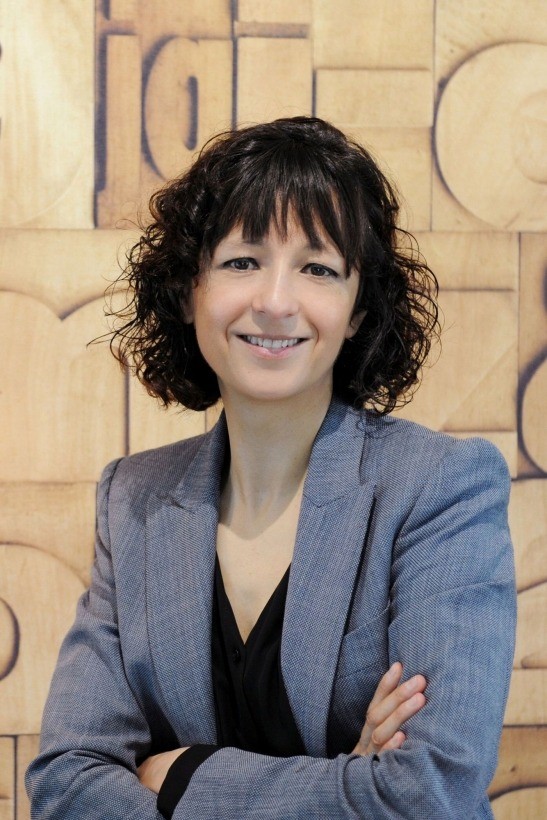Oct. 7 (UPI) — A French scientist and an American professor were awarded the Nobel Prize in Chemistry on Wednesday for their work in developing a “genetic scissors” used to fight human diseases.
Emmanuelle Charpentier, a French-born researcher and director of the Max Planck Unit for the Science of Pathogens in Germany, and Jennifer Doudna, a professor at the University of California, Berkeley, were given the chemistry prize, the Royal Swedish Academy of Sciences announced in Stockholm.
The pair worked together to help develop the CRISPR/Cas9 gene editor, which is capable of cutting DNA genomes in precise locations and allowing researchers to add or delete pieces of genetic material or make changes by replacing an existing segment with a customized sequence.
The tool’s development has led to widespread applications for genome editing — and is faster, more accurate, more efficient and less expensive than other existing methods.
The CRISPR/Cas9 system is used to research a wide variety of diseases, including single-gene disorders including cystic fibrosis, hemophilia and sickle cell disease. It also holds some promise for treating and preventing complex diseases like cancer, heart disease, mental illness and HIV/AIDS.
Genome editing has also found a strong presence in agriculture, where it’s used to develop crops resistant to mold, pests and drought.
After publishing an initial discovery in 2011, Charpentier teamed with Doudna to develop the “genetic scissors” to make it easier to use. The next year, they proved it could be controlled and used to cut any DNA molecule at a predetermined site.
“There is enormous power in this genetic tool, which affects us all,” Claes Gustafsson, chairman of the Nobel Committee for Chemistry, said in a statement Wednesday. “It has not only revolutionized basic science, but also resulted in innovative crops and will lead to ground-breaking new medical treatments.”
Due to ethical considerations, scientists are limited to using CRISPR/Cas9 in humans on somatic cells — cells other than egg and sperm cells. Changes made in those cells are not passed from one generation to the next.
The Nobel Prize for medicine was awarded Monday to Americans Harvey J. Alter and Charles M. Rice and Briton Michael Houghton for their work on curing Hepatitis C; the prize for physics was given Tuesday to Roger Penrose, Reinhard Genzel and Andrea Ghez for their research on black holes.
The Nobel Prize in Literature will be awarded Thursday, the peace prize on Friday and the prize for economic sciences on Oct. 12.

COMMENTS
Please let us know if you're having issues with commenting.